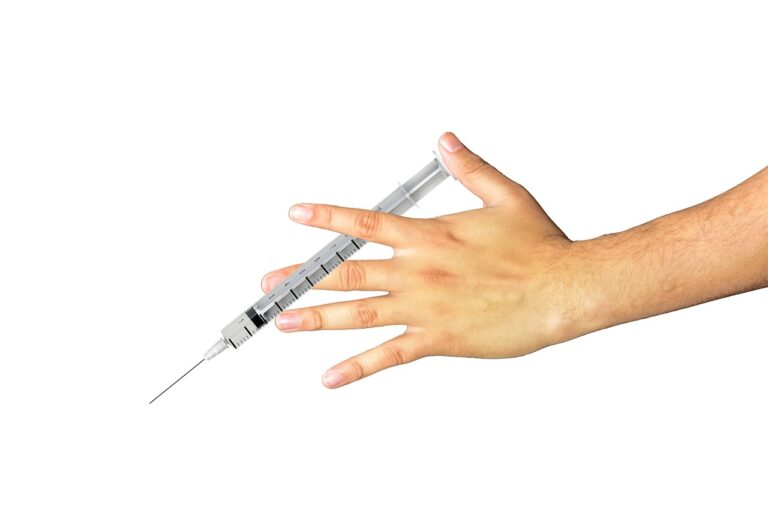It’s almost hard to imagine a world without COVID-19 now. Gone are the days when we carelessly opened doors without sanitizing, not including a mask to make fashion choices, or having Alcogel in handy whenever we needed it. Although the majority of patients with COVID-19 recover within weeks after being unwell, some people develop post-COVID-19 symptoms. People might develop a wide range of new, returning, or chronic health problems known as post-COVID-19 disorders. Even people who did not show signs of COVID-19 are likely to develop post-COVID-19 complications.
For varying durations of time, these diseases might manifest as various sorts and combinations of health issues. Specialists from across the world are seeking to understand more about COVID-19’s short- and long-term health impacts, as well as who gets them and why. You don’t have to worry too much about your health while entertaining yourself on PlayAmo; however, this is what we know so far.
The Types of Post-COVID-19 Conditions We Are Aware Of
After being exposed to COVID-19, some patients develop a variety of new or persistent symptoms that might last weeks or months. Unlike many other post-COVID-19 problems, which are more common in those who have had a serious condition, these symptoms can affect anybody infected, even if their disease was light or they had no early symptoms. Various combinations of symptoms are regularly reported by people.
The most common types are breathing problems or shortness of breath, fatigue or exhaustion, symptoms that intensify after engaging in physical or mental activity, and concentration difficulties. Some people have also reported experiencing chest and stomach pains, regular coughing, constant headaches, and even heart palpitations. Certain post-COVID-19 symptoms have also been more severe than others. Patients previously infected with the virus may also show symptoms of muscle or joint discomfort, sleeping problems, diarrhea, lightheadedness, mood swings, fever, or even rash. Most women have also noted changes in their menstrual cycle patterns.
Multiorgan Impacts of COVID-19
Some patients who had a severe COVID-19 condition develop multiorgan effects or autoimmune illnesses over a longer period of time, with symptoms spanning weeks, even months. Body systems such as the heart, lungs, kidneys, skin, and brain can be affected by multiorgan effects. Autoimmune diseases develop when your immune system mistakenly targets healthy cells in your body, resulting in inflammation or tissue damage in the afflicted areas.
Although extremely uncommon, some people, especially children, develop multisystem inflammatory syndrome during or shortly after contracting COVID-19. Different bodily areas might get inflamed as a result of this syndrome. If a person continues to have multiorgan effects or other symptoms, this can progress to post-COVID problems.










